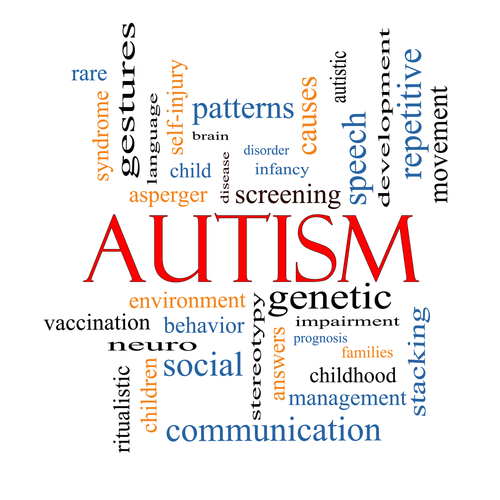I am asked frequently about autism spectrum disorders and how life skills education fits into improving their quality of life.
A brief explanation of autism spectrum
There are three main areas of difficulty children, and young adults commonly struggle with functioning optimally when diagnosed to be somewhere on “the spectrum”. Severity/difficulty varies from person to person.
Social Challenges: Most young men we work with who are diagnosed with this disorder have few friends, have difficulty functioning in highly social settings such as college or work, and have extreme difficulty maintaining any positive and long-term relationships.
Among other potential concerns in this area “It is common – but not universal – for those with autism to have difficulty regulating emotions. This can take the form of seemingly ‘immature’ behavior such as crying or having outbursts in inappropriate situations… The tendency to ‘lose control’ may be particularly pronounced in unfamiliar, overwhelming or frustrating situations.” – Autism Speaks
Difficulty Communicating: Few things will impact your life more than your ability or inability to communicate effectively. Every day, in school, work, friendships, and other relationships; digitally, verbally, and with body language we are forced to engage in little victories or defeats based on our ability to navigate these little nuances of life.
“Fortunately, there are proven methods for helping children and adults with autism learn better ways to express their needs. As the person with autism learns to communicate what he or she wants, challenging behaviors often subside.” – Autism Speaks
Repetitive Behaviors: Having a strengths based approach to the vast majority of problems we encounter in young adults proves to be quite effective in finding a solution to those problems, probably no better illustrated by the incredible abilities of a lot of young men who struggle with this disorder. The repetitive behavior and extreme interest in specific things can be an amazing strength if appropriately tapped into in a practical application, especially coupled with a high IQ which is also common with the men we serve.
“Older children and adults with autism may develop tremendous interest in numbers, symbols, dates or science topics.” – Autism Speaks
Areas of focus in life skills education
Every individual is different, but many require the same skills building, here are some of the things we target in order to improve daily functioning.
Social skills, interaction with peers, emotion regulation, identifying how you feel and communicating it to others, systems interaction, study habits, work environment interaction, budgeting, hygiene, and independent living.
An improved quality of life
Parents are often faced with wondering what to do when their child with autism turns the arbitrary age of 18. Many of the supports and programs previously available to them no longer are, due to their child’s age. Although all parents and their young adult children struggle differently, and have different hopes and desires, one thing we have come to realize is that they all have one common goal captured in a statement we hear all the time, “I don’t care what they do with their life, if they go to school or not, what they get for a job, or where they live… I just want him to be happy, healthy, and doing the best that he can do, and us knowing we did all we could do to support that.” It’s amazing how often we hear a variation of that statement. And even as I write this I am reminded how much is at stake for our extended Northwood’s families and us in the process. The challenges can be difficult, but we welcome the opportunity to help these young men expose and magnify their incredible abilities and optimize their success in all things they choose to pursue. In the end, we have the same sentiments as our student’s parents. We strive for improved quality of life of our students… That is our measure of success.
For more information on adult autism, I recommend you start here at Autism After 16 an organization that helps parents and families make sense of the overwhelming amount of “adult autism” information, much of which erroneous, available on the web.
Rory K. McLaughlin, CEO
COMMENTS
I really enjoyed reading your blog on Autism Spectrum and Life Skills. My son is struggling with all the areas of focus mentioned, and I find it hard to find support within family, friends and local agencies. I want what is best for him, but my options are becoming more and more limited as he approaches adulthood. My best advice is go with your gut and adopt a plan at an early age, network with local agencies, celebrate successes and never give up.
~Kris
